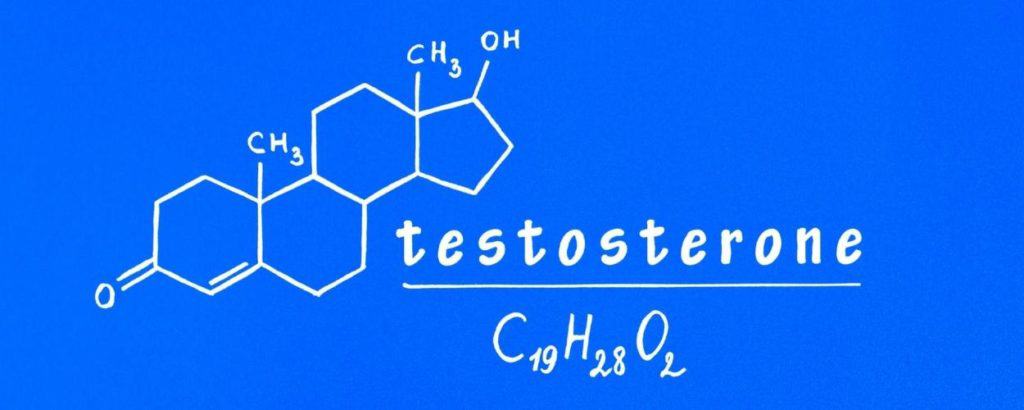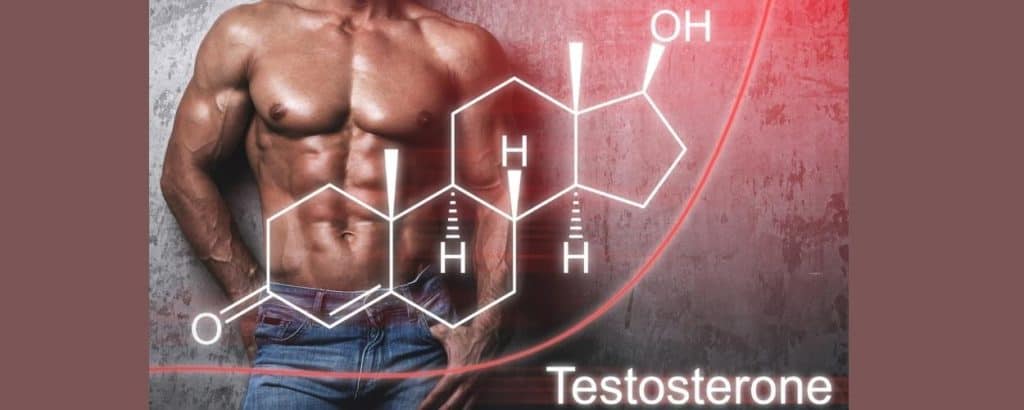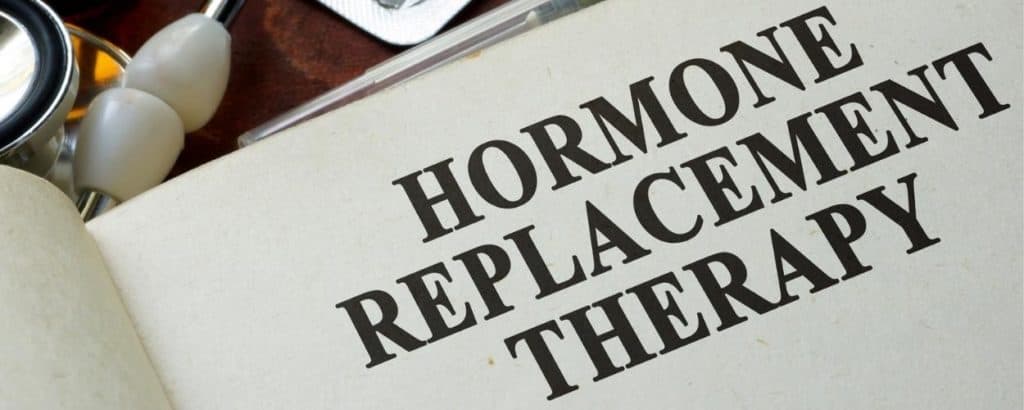
testosterone hormone replacement therapy
testosterone replacement therapy and alcohol
Testosterone Pellet Therapy is a revolutionary new treatment that has been used to help treat a variety of conditions in both men and women. This therapy involves the insertion of small, rice-sized pellets containing a hormone called testosterone directly into the body's tissue. The pellets are made from a biocompatible material designed to release the hormone over a few months slowly. This slow release helps maintain a consistent testosterone level in the body, making it an ideal choice for those struggling with low testosterone levels. Testosterone Pellet Therapy can also treat various conditions, such as hypogonadism, male infertility, and androgen deficiency. Patients who receive this therapy report feeling more energetic, having improved libido, and increased muscle mass. This therapy is relatively safe and can be completed quickly, making it an attractive option for those looking to enhance their overall quality of life.
Testosterone Replacement Therapy Options
It is crucial to determine the right dose for you and monitor your levels. This will help prevent side effects and allow your body to return back into balance.




